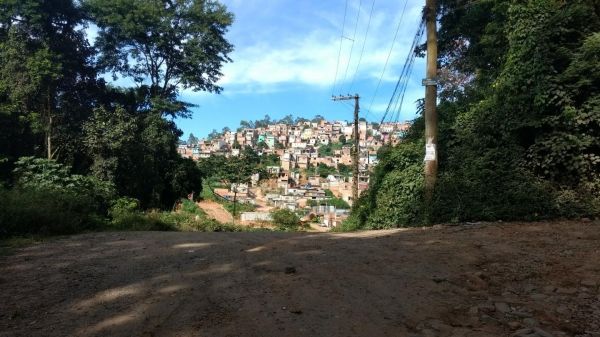In Brazil, researchers are puzzling over socioeconomic and environmental indicators that do not add up.
articles
Carbon-Neutral “Biofuel” from Lakes
Lakes store huge amounts of methane. In a new study, environmental scientists at the University of Basel offer suggestions for how it can be extracted and used as an energy source in the form of methanol.
Floating Gardens as a Way to Keep Farming Despite Climate Change
Bangladesh’s floating gardens, built to grow food during flood seasons, could offer a sustainable solution for parts of the world prone to flooding because of climate change, a new study has found.
Tenfold Carbon Emissions Reduction Needed to Meet Paris Climate Goal
While 64 countries cut their fossil fuel emissions between 2016 and 2019, an international team of researchers, including an Earth system scientist at UCI, stressed that an even more pronounced reduction is going to be necessary to meet Paris Agreement goals to tackle global warming.
Apples to Apples: Neural Network Uses Orchard Data to Predict Fruit Quality After Storage
A researcher from Skoltech and his German colleagues have developed a neural network-based classification algorithm that can use data from an apple orchard to predict how well apples will fare in long-term storage.
Impacts of Sunscreen on Coral Reefs Needs Urgent Attention, Say Scientists
More research is needed on the environmental impact of sunscreen on the world’s coral reefs, scientists at the University of York say.









